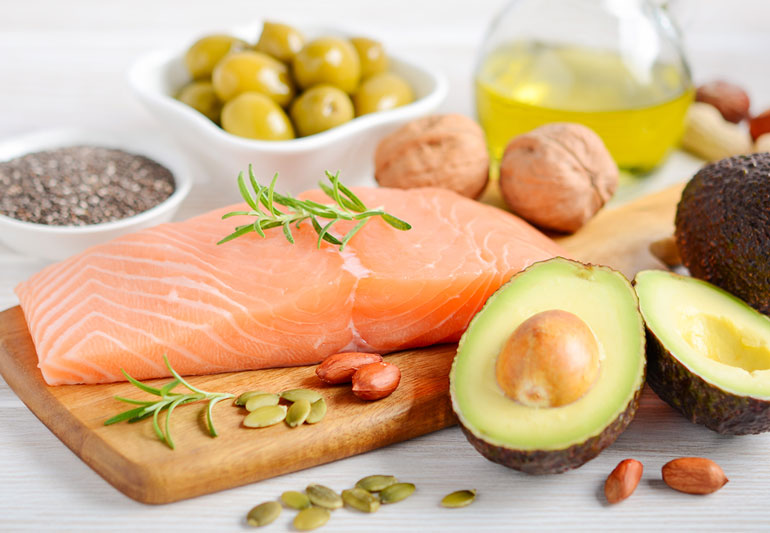Best probiotic for gut health and bloating-From digestive issues to immune function, the health of our gut microbiome plays a crucial role in various aspects of our health. One of the key players in maintaining a healthy gut is probiotics. In this comprehensive guide, we’ll delve into the world of probiotics, exploring their benefits, the best strains for gut health, and how they can help alleviate bloating.
What are Probiotics?
Probiotics are live microorganisms that, when consumed in adequate amounts, offer health benefits to the host. These beneficial bacteria and yeasts are naturally found in certain foods and supplements. They work by replenishing and maintaining the balance of good bacteria in the gut, which is essential for optimal digestive function and overall health.
Benefits of Probiotics
- Improved Digestive Health: Probiotics can help alleviate digestive issues such as bloating, gas, constipation, and diarrhea by promoting a healthy balance of gut bacteria.
- Enhanced Immune Function: A significant portion of the body’s immune system resides in the gut. Probiotics support immune function by maintaining a healthy gut microbiome.
- Mood Regulation: Emerging research suggests a link between gut health and mood. Probiotics may help reduce symptoms of anxiety and depression by influencing the gut-brain axis.
- Reduced Inflammation: Imbalances in gut bacteria can contribute to inflammation in the body. Probiotics may help reduce inflammation and promote overall health.
- Support for Skin Health: Some probiotic strains have been shown to improve certain skin conditions, such as acne and eczema, by modulating inflammation and balancing the skin microbiome.
Best Probiotic Strains for Gut Health and Bloating
- Lactobacillus acidophilus: This strain is commonly found in yogurt and other fermented foods. It helps maintain the balance of bacteria in the intestines and may reduce symptoms of bloating and gas.
- Bifidobacterium lactis: Known for its ability to survive stomach acid and reach the intestines alive, Bifidobacterium lactis supports digestive health and may alleviate bloating and discomfort.
- Lactobacillus plantarum: This versatile strain is well-suited for surviving harsh conditions in the gut and has been shown to reduce inflammation and improve symptoms of irritable bowel syndrome (IBS).
- Saccharomyces boulardii: Unlike other probiotics, Saccharomyces boulardii is a yeast species. It has been extensively studied for its ability to prevent and treat diarrhea, including antibiotic-associated diarrhea and traveler’s diarrhea.
- Bifidobacterium bifidum: This probiotic strain is particularly beneficial for supporting immune function and may help alleviate symptoms of digestive discomfort, including bloating.
Choosing the Right Probiotic Supplement
When selecting a probiotic supplement, it’s essential to consider the following factors:
- Strain Diversity: Look for a supplement that contains multiple strains of beneficial bacteria to target different aspects of gut health.
- CFU Count: CFU, or colony-forming units, indicate the number of viable bacteria in a probiotic supplement. Opt for a supplement with a higher CFU count for maximum effectiveness.
- Packaging and Storage: Probiotic supplements should be stored properly to maintain their potency. Choose supplements that are packaged in dark, airtight containers and store them according to the manufacturer’s instructions.
- Quality and Purity: Select supplements from reputable brands that adhere to strict quality control standards and use third-party testing to ensure purity and potency.
FAQs About Probiotics
Can I get enough probiotics from food alone?
While fermented foods like yogurt, kefir, sauerkraut, and kimchi contain probiotics, it can be challenging to consume enough to reap significant benefits. Probiotic supplements provide a more concentrated source of beneficial bacteria.
When is the best time to take probiotics?
There is no universally recommended time to take probiotics. Some people prefer to take them with meals, while others take them on an empty stomach. Experiment to find what works best for you.
Are there any side effects of taking probiotics?
In general, probiotics are considered safe for most people. However, some individuals may experience mild side effects such as bloating, gas, or digestive discomfort, especially when first starting probiotic supplementation. These symptoms typically resolve on their own within a few days.
Can probiotics help with weight loss?
While probiotics may indirectly support weight loss by promoting a healthy gut microbiome and improving digestion, they are not a magic solution for weight loss. A balanced diet, regular exercise, and lifestyle factors play a more significant role in weight management.
Conclusion
Probiotics are powerful allies in promoting gut health and alleviating digestive discomfort, including bloating. By choosing the right probiotic strains and supplementing wisely, you can support your gut microbiome and enhance overall well-being. Remember to consult with your healthcare provider before starting any new supplement regimen, especially if you have underlying health conditions or are pregnant or breastfeeding.











